AI Ethics Literacy
A growing need, a growing list of issues, and a growing collection of resources from the Markkula Center for Applied Ethics.
A list of AI ethics issues and relevant materials (articles and video recordings) from the Center’s website.


Before you Prompt
A creative and ethical inquiry into what it means to be a designer, or any kind of creator, in an AI-saturated world.
By Zara Shroff ’25, a 2024-25 Hackworth Fellow at the Markkula Center for Applied Ethics.

AI and the Environment: Sustaining the Common Good
On November 1, 2024 the Markkula Center for Applied Ethics and Next10 cohosted a daylong conference on AI and sustainability.
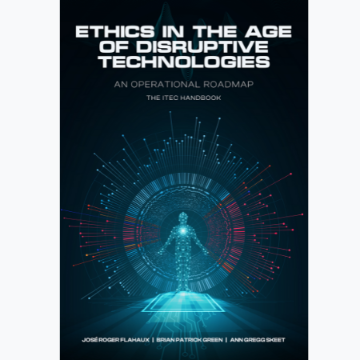
Ethics in the Age of Disruptive Technologies: An Operational Roadmap
By José Roger Flahaux, Brian Patrick Green, and Ann Skeet
"Ethics in the Age of Disruptive Technologies: An Operational Roadmap,” or, more briefly, the “ITEC Handbook,” offers organizations a strategic plan to enhance ethical management practices, empowering them to navigate the complex landscape of disruptive technologies such as AI, machine learning, encryption, tracking, and others while upholding strong ethical standards.

The Ethics of Immigration Enforcement
This Ethics Spotlight explores the ethical dimensions of immigration enforcement and detention in the United States—particularly the role of ICE under the current administration.

Much of what is missing in “relationships” with chatbots becomes clear in trying to learn to dance with different partners.

Building an ethical business from day one can be a strategic advantage that attracts partners, talent and investors who care about long-term impact.

Pharmacy closures are a public health emergency in slow motion.

Governing, as defined by Oxford Languages, is having authority to conduct the policy, actions, and affairs of a state, organization, or people. But how one goes about governing is another matter. In this Spotlight, Markkula Center staff and scholars analyze the role of compassion in the approaches used by people in power.

Throughout history, new technologies have disrupted society in different ways–some positively and some negatively–from steam-powered engines and electricity, to the Internet, and now again with artificial intelligence (AI); generative AI in particular in this instance. The creation of art, journalism, education, and the very truth itself have all been tested by the use of ChatGPT and other generative AIs. Markkula Center staff and scholars unpack some of the many related ethical dilemmas in this Ethics Spotlight.

The gun debate has again reached a fever pitch in the shadow of several horrific mass shootings. Ethics Center staff and faculty interrogate the moral and ethical issues associated with gun use and regulation.

Article published by the Journal of Environmental Studies and Sciences highlights the Ethics Center's collaboration regarding the experience of vulnerable communities in the context of climate adaptation with principles of environmental justice.

Summary of October 10 event with Guadalupe Hayes-Mota, director, bioethcs.

Ethics Center's Hackworth Research Grants supports the development of three educational resources supporting a guide for human subjects protections in immersive technology research.

The Markkula Center for Applied Ethics presents its latest Ethics Spotlight––a collection of essays authored by SCU faculty, scholars, and ethicists––on the ethics of immigration enforcement.
Teaching Note: Interview of Theranos Whistleblower, Tyler Shultz
This teaching module for business ethics, leadership and management courses includes two videos, homework assignments, and class discussion, all designed to spark conversation about ethical issues associated with whistleblowers and corporate governance.
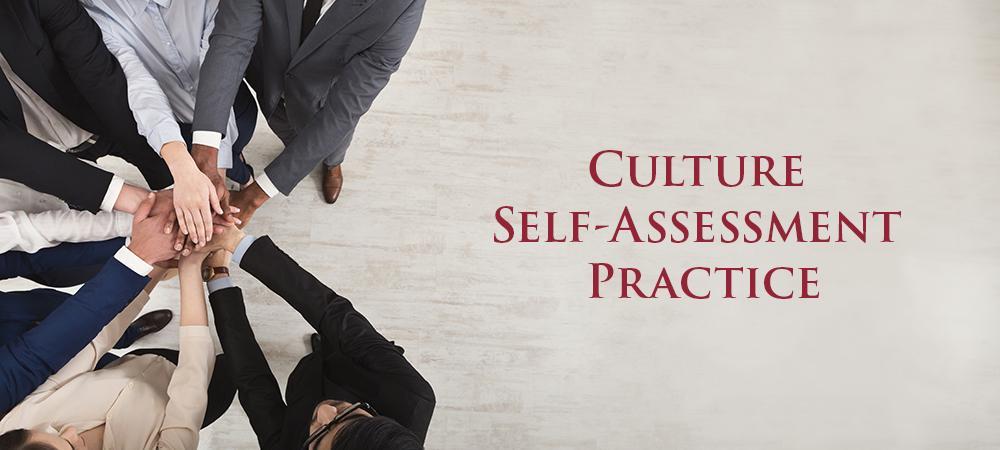
Evaluating Culture for Ethics
Our Culture Self-Assessment Practice recommends approaches to evaluating culture for ethics within companies and other types of organizations. The materials are primarily for members of an organization’s leadership team, including human resources and legal, but designed to engage a cross-section of leaders from various disciplines.
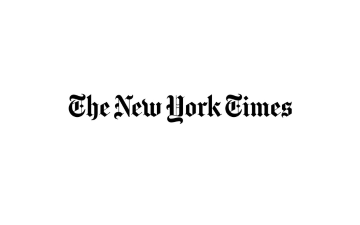
Brian Green, director, technology ethics, quoted by the New York Times.
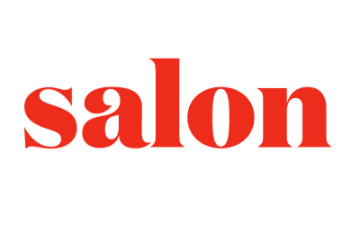
Davina Hurt, director, government ethics and Ann Skeet, senior director, leadership ethics, published by Salon.
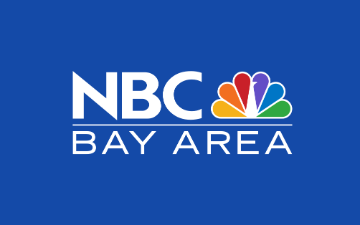
Irina Raicu, director, internet ethics, quoted by NBC Bay Area.

Davina Hurt, director, government ethics, quoted by WLNS.